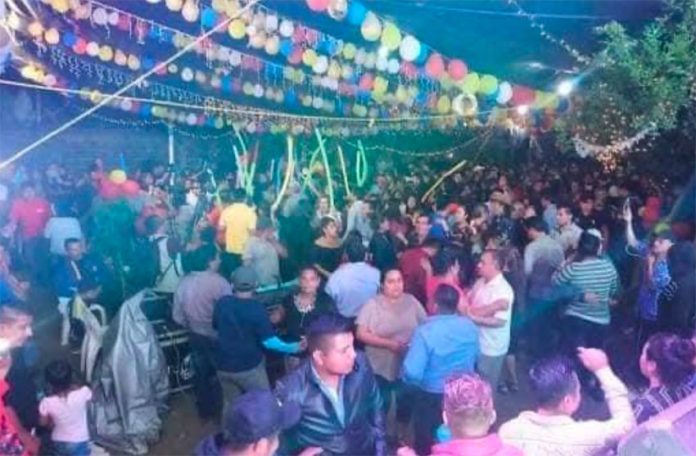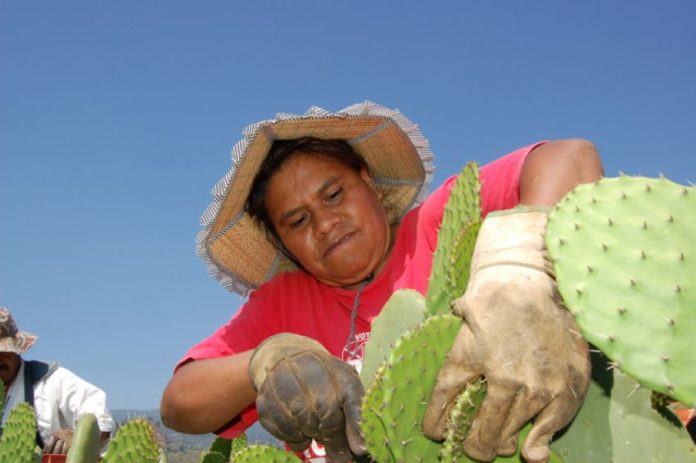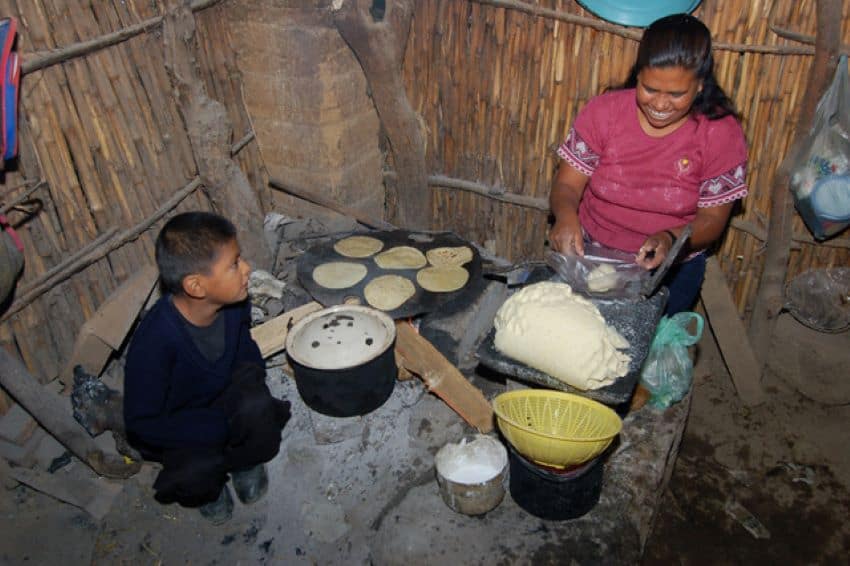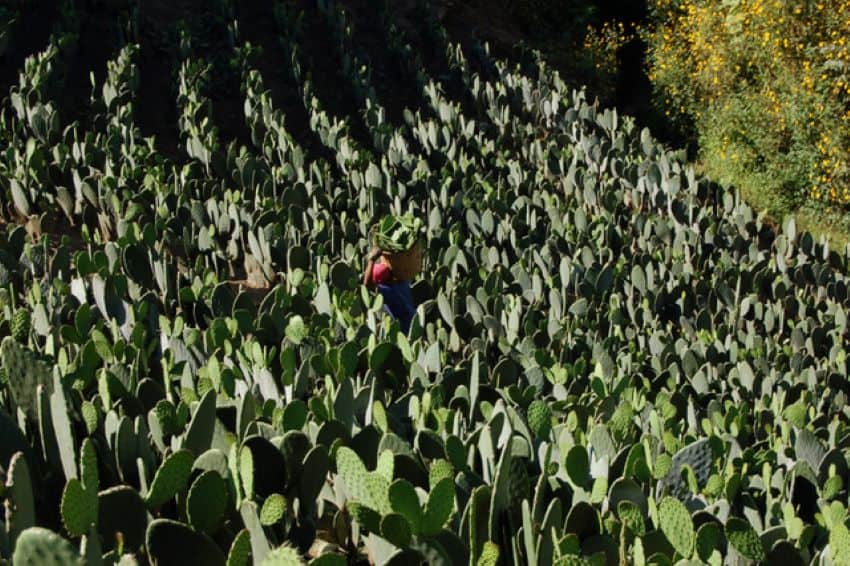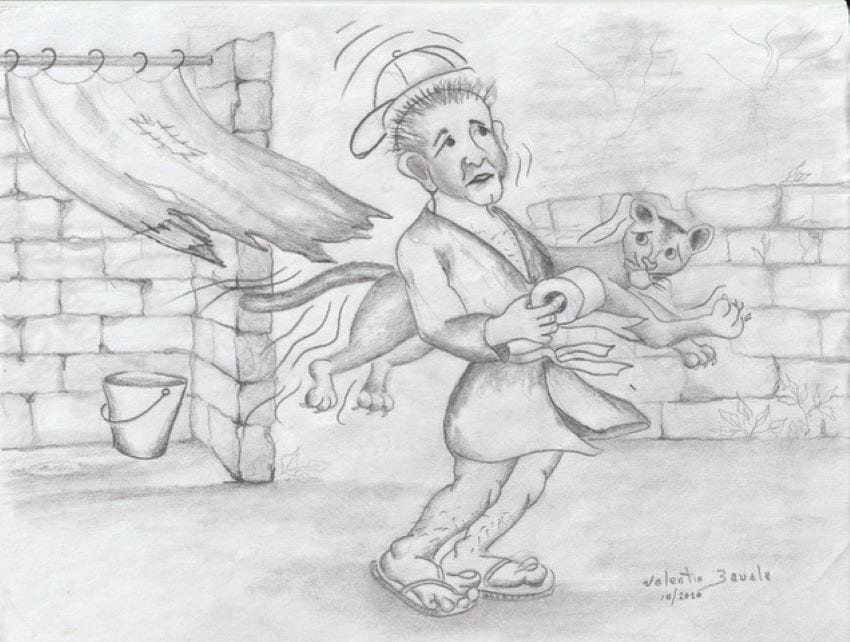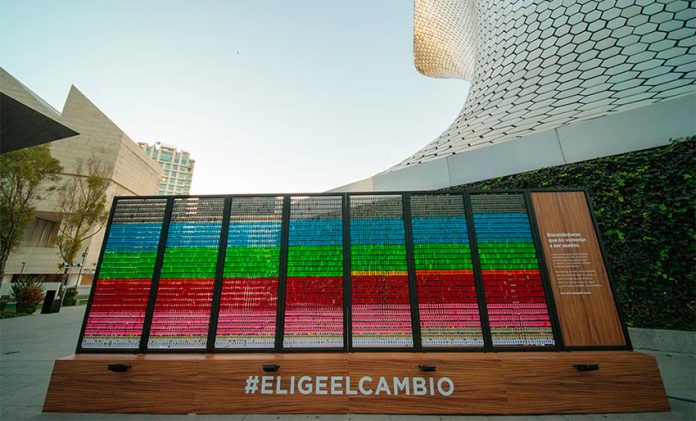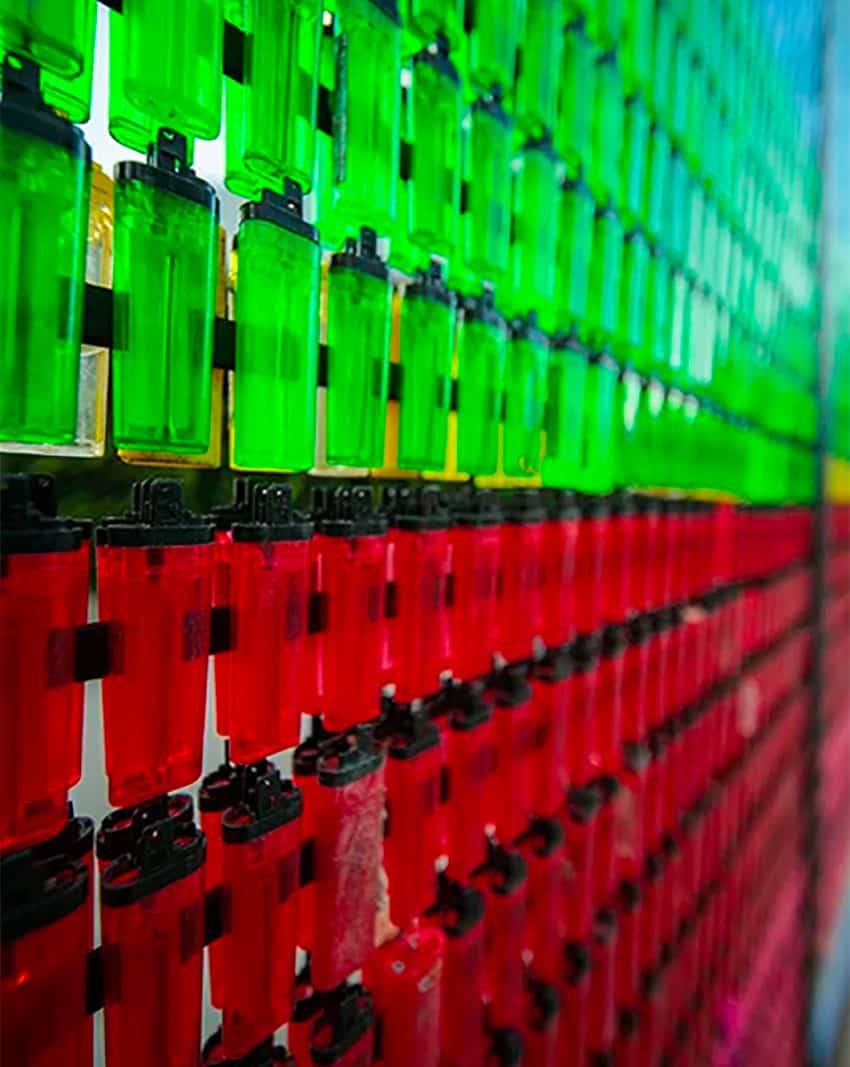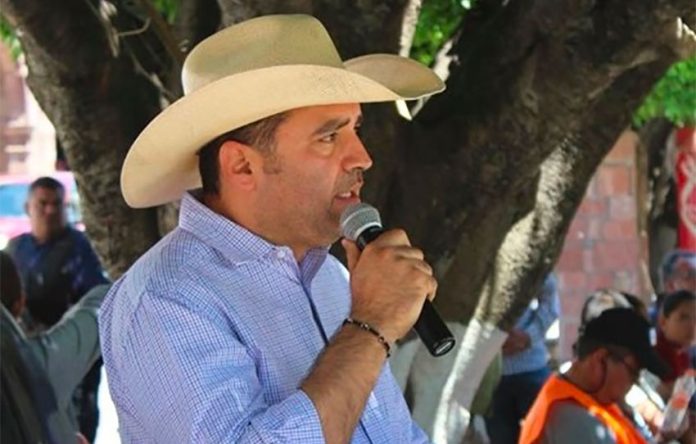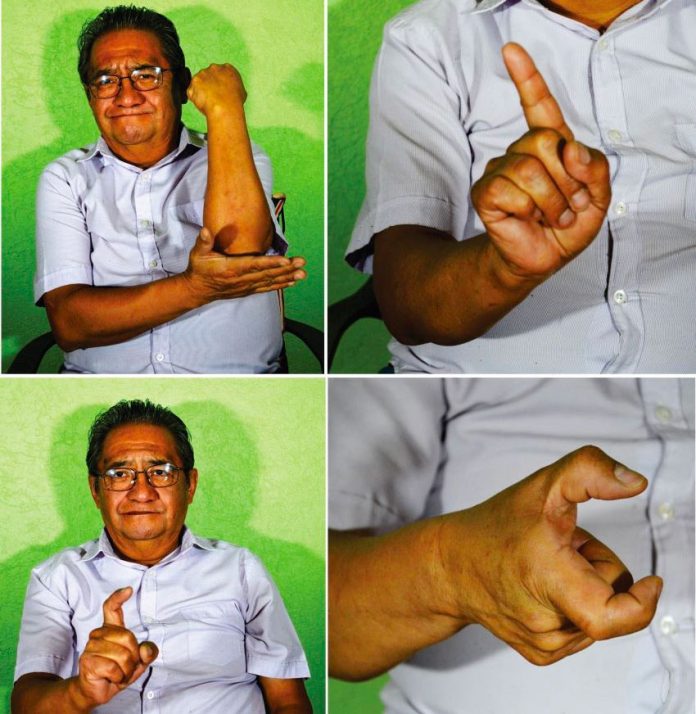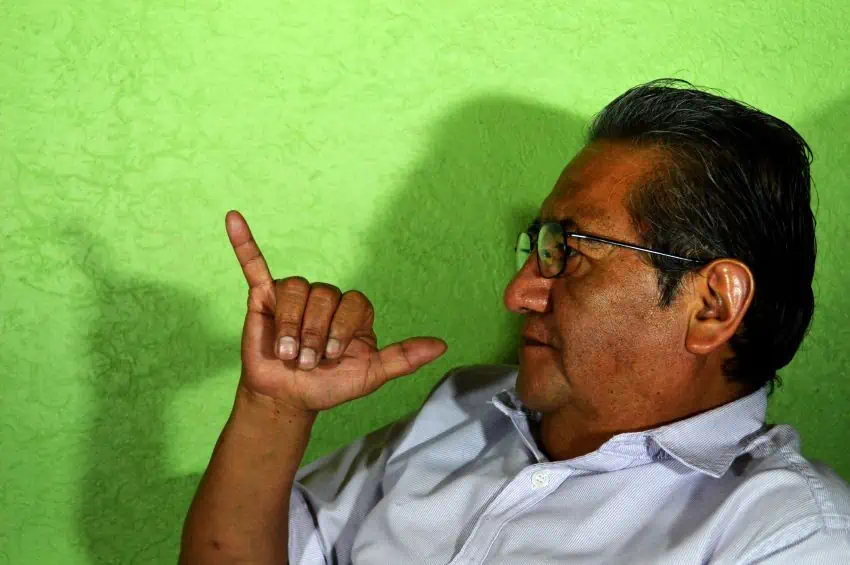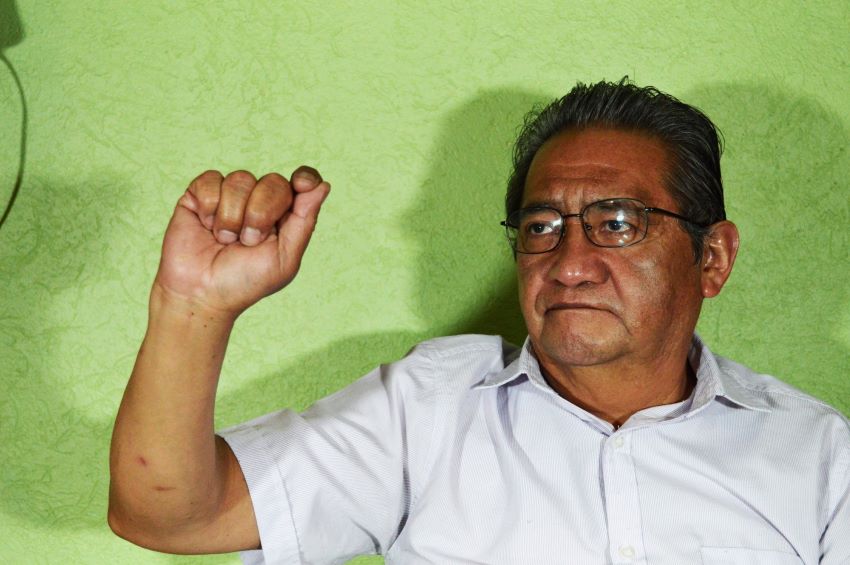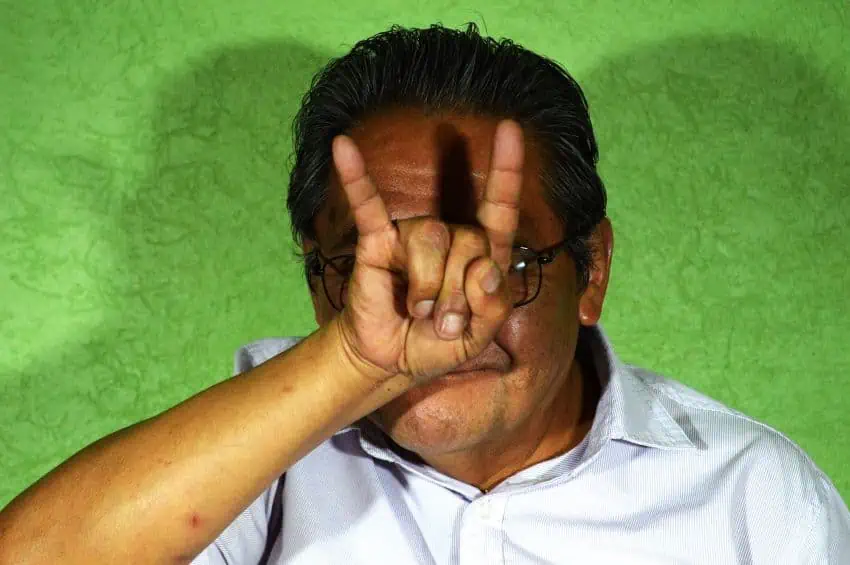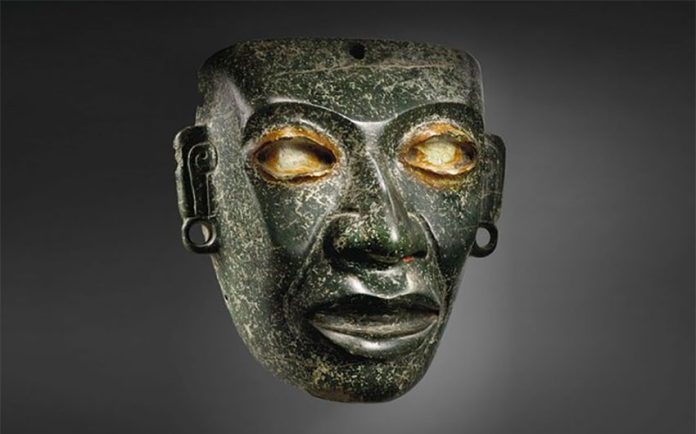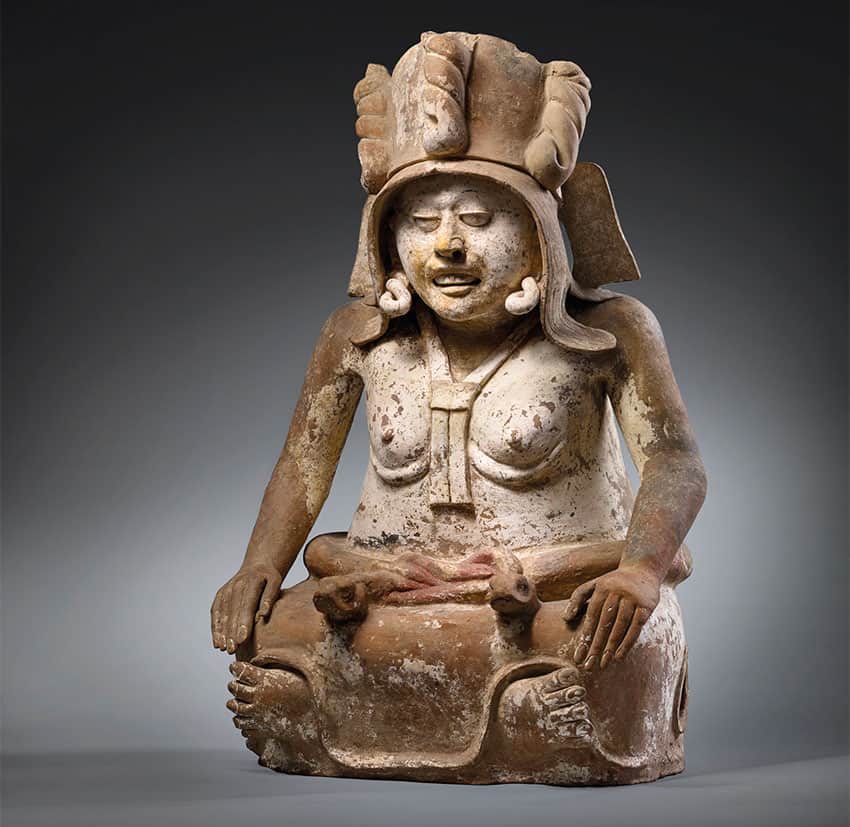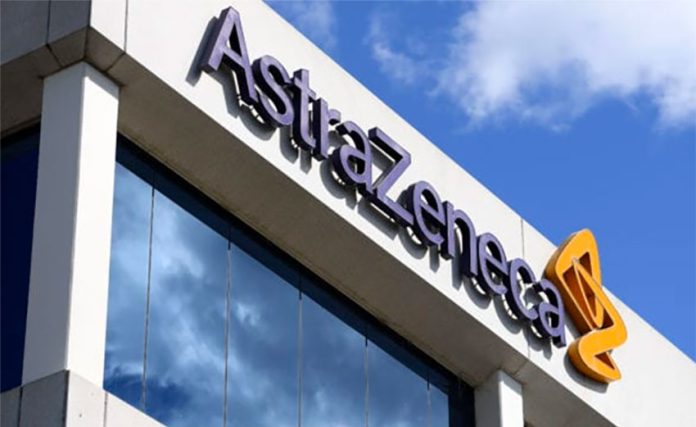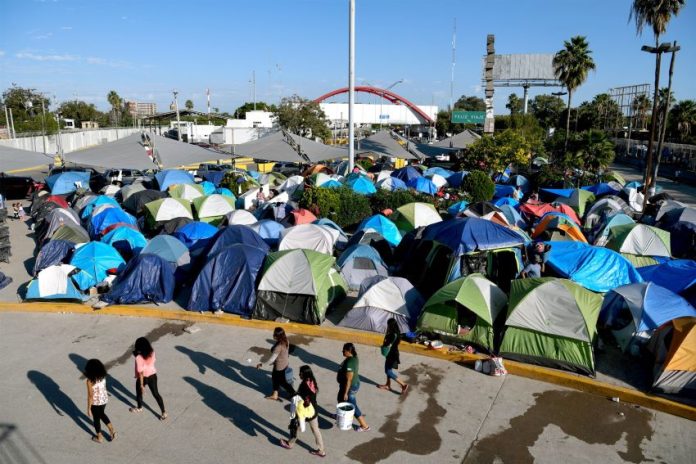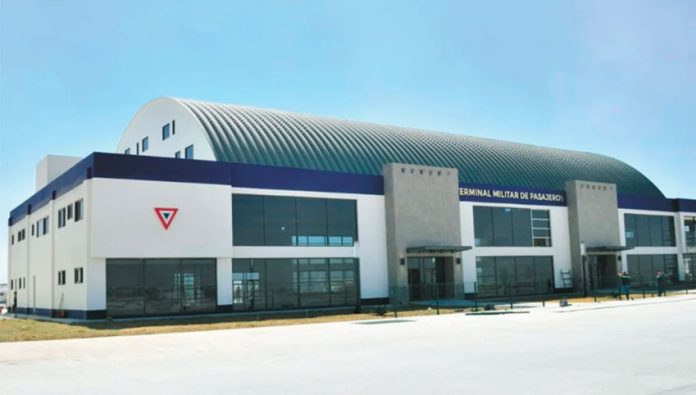A town in the Papaloapan region of Oaxaca has found out the hard way what can happen when restrictions are eased too soon amid a deadly pandemic: more than 400 people became infected with Covid-19 and at least 14 died after a large fiesta was held to celebrate Three Kings Day.
San Juan del Río, a town in the municipality of Santiago Choápam, went ahead with its annual fiesta in honor of the baby Jesus and the three wise men on January 5 even though Oaxaca was high risk orange on the coronavirus stoplight map and a statewide ban on large events and gatherings was in place.
About 200 people attended the event, according to local media, and the majority didn’t wear face masks or respect social distancing recommendations. Livened up by a band called Costa Brava de Veracruz, the fiesta ran late into the night as townsfolk let their hair down, danced in close proximity to each other and generally behaved as if they were living in a pre-pandemic world.
Not long after, some of those who attended the event began developing symptoms of Covid-19 and over the following days and weeks, the coronavirus spread virtually unchecked through San Juan, eventually infecting about one-third of the town’s 1,200 residents.
The situation had become so serious by January 28 that Santiago Choápam Mayor Evergisto Gamboa wrote to President López Obrador, Oaxaca Governor Alejandro Murat and federal and state health officials to ask for help and an “immediate intervention” to stop the spread of the virus.
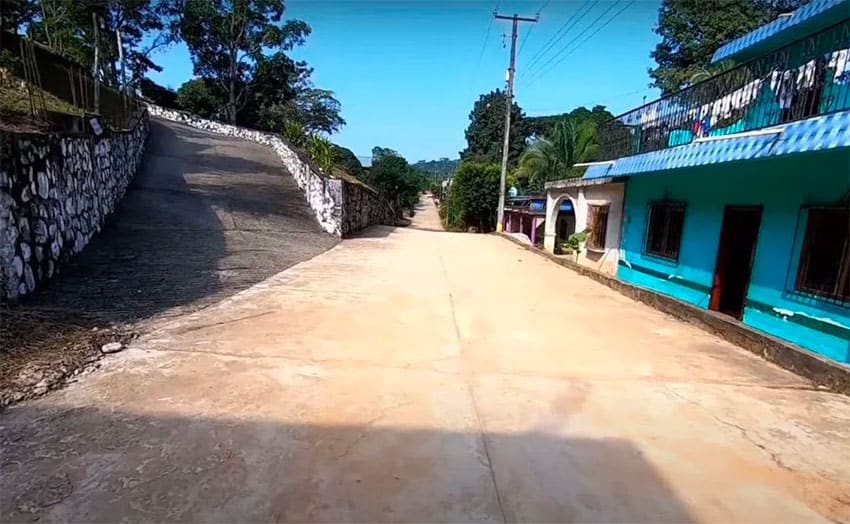
The mayor asked for Covid-19 vaccines, oxygen tanks, face masks and other personal protective equipment, disinfectants and provisions to be sent to San Juan. He called for medical personnel to be dispatched because various local health workers were among the sick.
Gamboa also issued a threat, saying that if there wasn’t an immediate response to his requests, all of the town residents sick with Covid would be transported to the center of Oaxaca city to die in “abandonment.”
Shortly after, the Oaxaca Health Ministry sent three brigades of health workers to the town as well as some of the items the mayor had requested. Health authorities in the municipality of Tuxtepec also sent supplies, including face masks, medical gowns and two gallons of hand sanitizer.
Now, almost two weeks after the mayor issued his plea for help, San Juan has the appearance of a virtual ghost town as the vast majority of residents remain in isolation at home, either still recovering from their illness or making sure they stay virus-free.
In addition to the 14 people, mainly seniors, who lost their lives to Covid-19, there are 14 coronavirus patients currently hospitalized, the newspaper El Universal reported.
“In a moment of carelessness, tragedy came” to San Juan, a local farmer identified only as Jaime told El Universal. “Now who knows how things will end up. … [The spread of the virus] was ferocious, it stopped for a while but then started up again.”
Jaime said that people’s lives, and the life of San Juan, have come to a virtual standstill, explaining that only a few campesinos are currently leaving their homes to work in the fields.
“Now you don’t see any people in the town – it’s closed, the stores are closed. They don’t want anyone to walk around without a face mask because that complicates things,” he said.
Jaime said he lost family members to the recent outbreak of the coronavirus, including his aunt just a week ago. Most of the 14 people who died from Covid-19 in San Juan were elderly, he said.
They didn’t attend the January 5 fiesta but nevertheless became victims of it because their family members inadvertently exposed them to the virus.
Jaime acknowledged that the state government sent medicines and other supplies to the town but they were insufficient for the number of people who fell ill.
“There are people who are still sick,” he added. “Hopefully they save them because when one person dies someone else does too.”
Source: El Universal (sp), Sin Embargo (sp)
